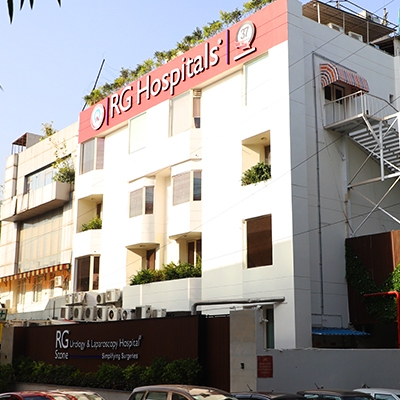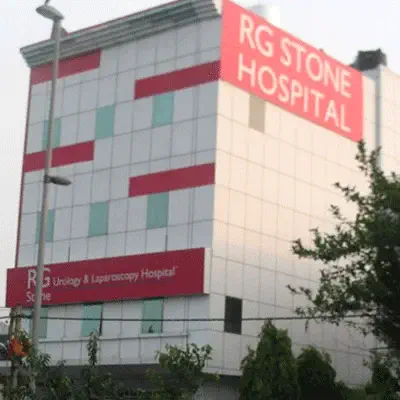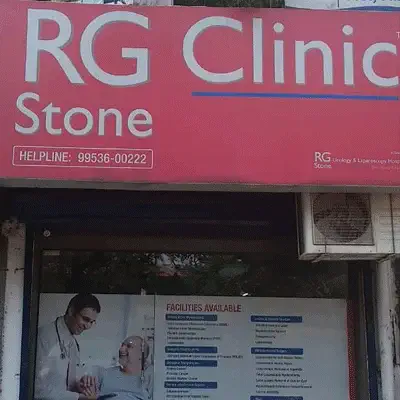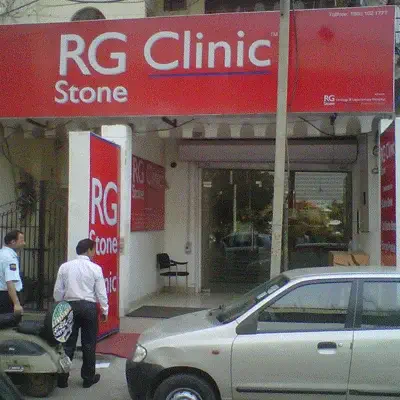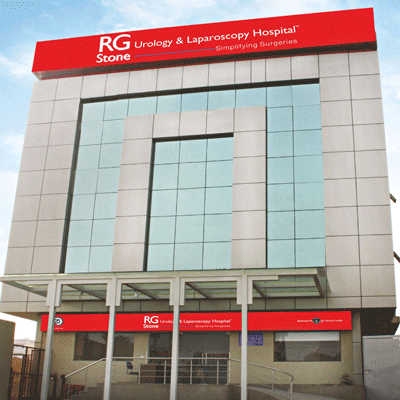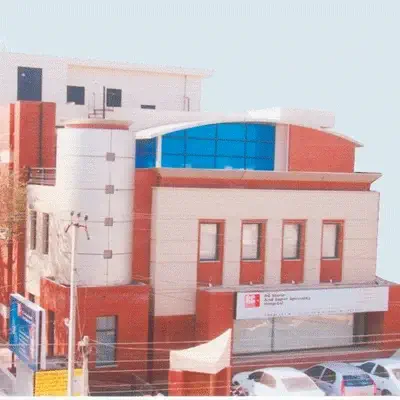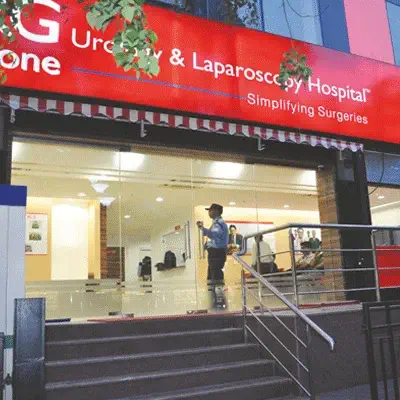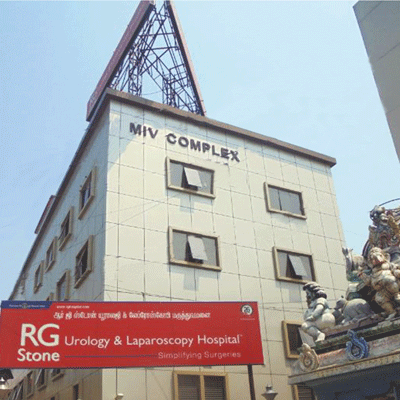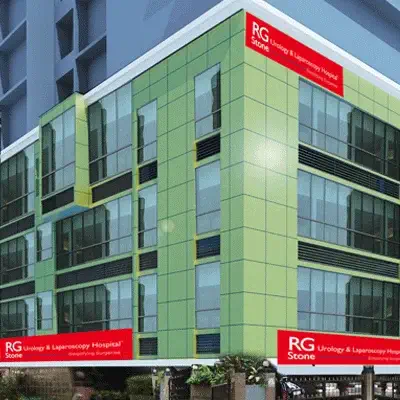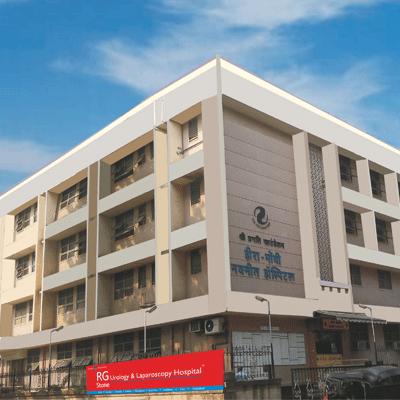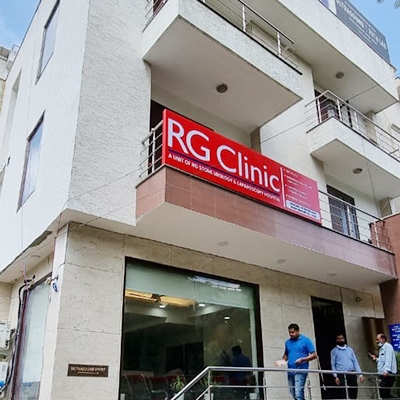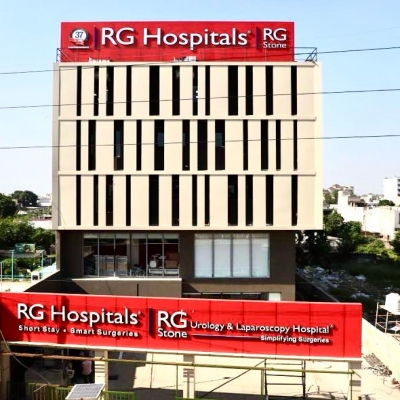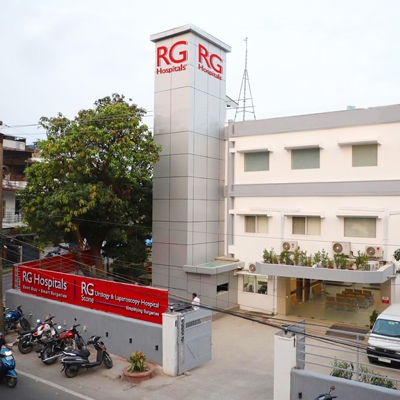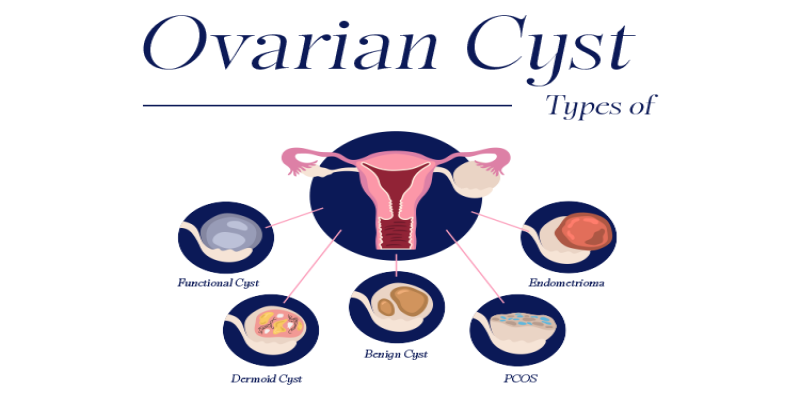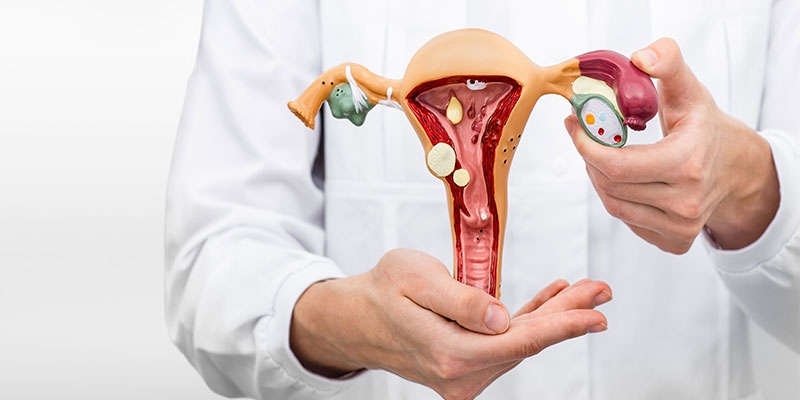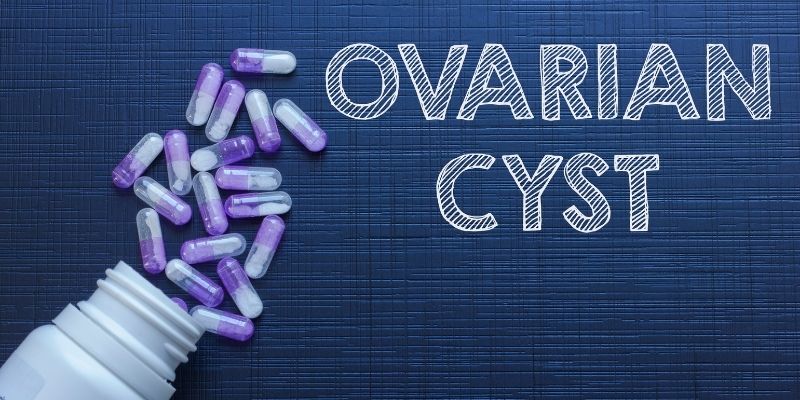Ovarian cysts are fluid-filled sacs that develop on the ovaries and are common among women of all ages. The primary causes of ovarian cysts include hormonal imbalances, which can lead to the formation of functional cysts during the menstrual cycle, or structural abnormalities in the ovaries. Other causes may involve conditions such as polycystic ovary syndrome (PCOS) or endometriosis, which can contribute to the development of cysts. In some cases, cysts can also form as a result of previous ovarian tumors or infections. While many ovarian cysts are benign and resolve on their own, understanding their potential causes helps in identifying and managing the underlying health issues.
Symptoms of ovarian cysts vary depending on their size and type. Small cysts often cause no noticeable symptoms, but larger cysts can lead to discomfort and health issues. Common symptoms include pelvic pain or pressure, bloating, frequent urination, and changes in menstrual cycles. In some cases, women may experience nausea, vomiting, or pain during intercourse. If a cyst becomes large or ruptures, it may cause severe pain and complications such as internal bleeding. Regular pelvic examinations and monitoring are crucial for diagnosing ovarian cysts early and managing any potential complications effectively.
Procedures & Interventions
This is a minimally invasive surgical procedure to remove ovarian cysts while preserving the ovary. A small incision is made, and a laparoscope (a thin tube with a camera) is used to locate and excise the cyst. This method ensures quicker recovery, minimal scarring, and reduced risk of complications, making it a popular choice for benign cysts.
In cases where the cyst is large, potentially cancerous, or involves complications like rupture or torsion, a laparotomy is performed. This is an open surgery where a larger incision is made in the abdomen to remove the cyst or the entire ovary if necessary. Recovery takes longer than laparoscopy, but it provides a better view for complex cases.
This procedure involves the removal of one or both ovaries. It is usually recommended for cysts that are cancerous or have caused severe damage to the ovary. Depending on the case, it can be done via laparoscopy or laparotomy. Bilateral oophorectomy (removal of both ovaries) may affect fertility and hormone levels, necessitating additional therapy.
This non-surgical procedure is typically used for simple fluid-filled cysts. A needle is guided into the cyst using ultrasound to drain the fluid. Although less invasive, it carries a risk of recurrence and is not suitable for solid or complex cysts.
This procedure involves removing both the ovary and the fallopian tube on the affected side. It is performed when the cyst is malignant, there’s significant damage, or the patient is at risk of ovarian cancer. The surgery can be done laparoscopically or via open surgery depending on the cyst's complexity.
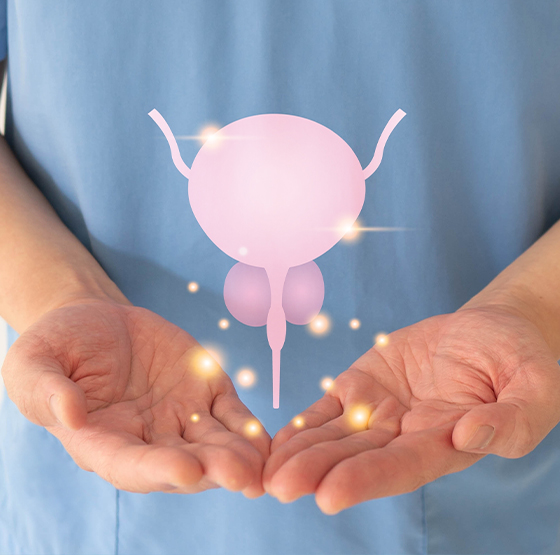
This is a minimally invasive surgical procedure to remove ovarian cysts while preserving the ovary. A small incision is made, and a laparoscope (a thin tube with a camera) is used to locate and excise the cyst. This method ensures quicker recovery, minimal scarring, and reduced risk of complications, making it a popular choice for benign cysts.
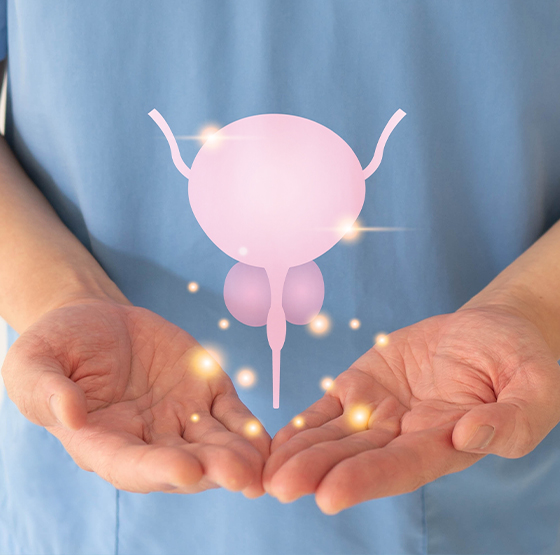
In cases where the cyst is large, potentially cancerous, or involves complications like rupture or torsion, a laparotomy is performed. This is an open surgery where a larger incision is made in the abdomen to remove the cyst or the entire ovary if necessary. Recovery takes longer than laparoscopy, but it provides a better view for complex cases.
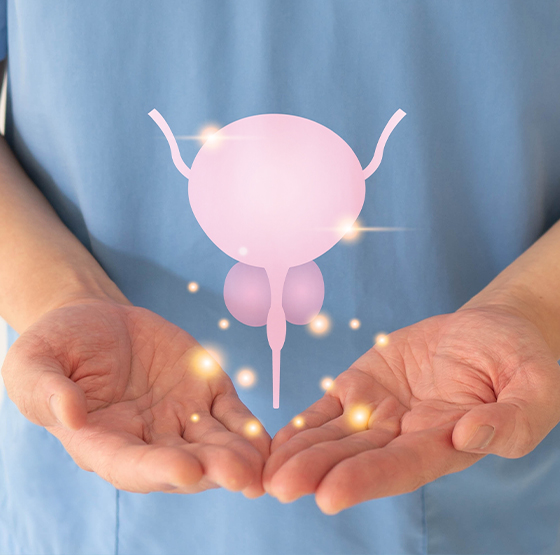
This procedure involves the removal of one or both ovaries. It is usually recommended for cysts that are cancerous or have caused severe damage to the ovary. Depending on the case, it can be done via laparoscopy or laparotomy. Bilateral oophorectomy (removal of both ovaries) may affect fertility and hormone levels, necessitating additional therapy.
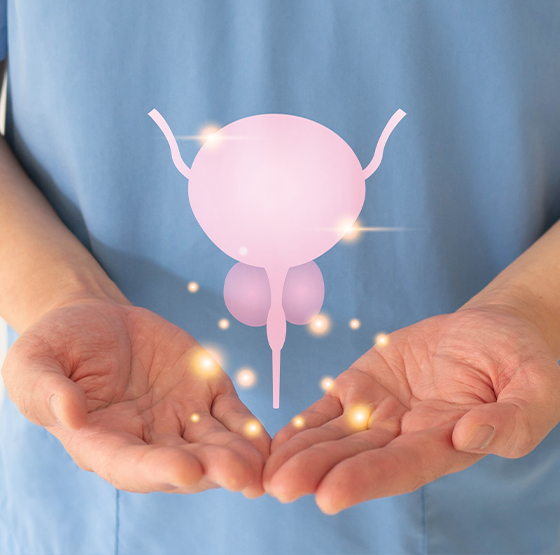
This non-surgical procedure is typically used for simple fluid-filled cysts. A needle is guided into the cyst using ultrasound to drain the fluid. Although less invasive, it carries a risk of recurrence and is not suitable for solid or complex cysts.
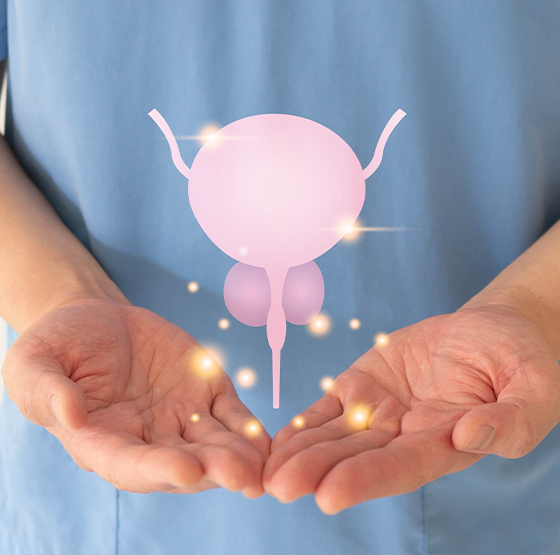
This procedure involves removing both the ovary and the fallopian tube on the affected side. It is performed when the cyst is malignant, there’s significant damage, or the patient is at risk of ovarian cancer. The surgery can be done laparoscopically or via open surgery depending on the cyst's complexity.
Team of Excellence
Behind every recovery story at RG Hospitals is a team of exceptional doctors whose passion for healing and innovation continues to transform healthcare and redefine patient outcomes.
Find a DoctorLooking for an Expert
RG Hospitals is proud to be the home of some of the world's most distinguished doctors.

Patient Stories
View AllPatient Testimonial | Commitment To Care
Treated by Dr. Manoj Gupta , RG Stone Hospital, Dehradun
- All Locations
- New Delhi
- Haryana
- Punjab
- Kolkata
- Chennai
- Mumbai
- Goa
- Uttar Pradesh
- Uttarakhand


